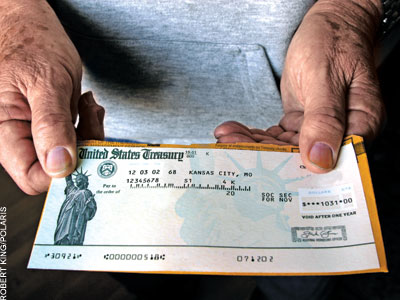The elderly among us often remain skeptical with this single thought since it is the remaining root depending on which they wait for the end days. Sometimes, the old people even find this conflict overwhelming and simply collapse. They live in an atmosphere of fear without knowing what the reality is. Yes, the reality is Social Security income is absolutely exempt from garnishment except in cases where the debt is owed to the government or child support.
Even in recent past, an individual receiving Social Security benefits was required to prove before the bank that the income was exempt (sometimes, after the thing had already been garnished). Thanks to the latest law amendments by the federal government, the issue is no longer the same.
Now, the U.S. Department of Treasury asks banks to remain vigilant and guard all sorts of federal benefits from garnishment, which also include Social Security. As per the Treasury regulation, once a garnishment order is issued to a bank, the bank must review the concerned account carefully before executing the garnishment order. Therefore, any federal benefits that have been deposited in your account are safe from garnishment up to a value of two months’ payments or the value of the account – the lesser one. So any deposits made during the last two months are protected, and any excess amount apart from that may be garnished.
Now as we have come to know a bit about the Social Security funds, let’s try to figure out how one should pay off what he owes. Most of the people, especially the elderly, don’t want to be under debt, which includes pushy, unfeasible creditors. If someone finds himself in such a situation, he may consider reaching out to a non-profit credit counseling agency. He may even talk to a certified credit counselor over phone to get help to determine the swiftest course to repay his debts using a debt management plan. A feasible plan can get his payments back to a position, which he can afford.
Lastly, if there is any court summons, it must be answered. And if there is an attorney to represent you, you can stay at ease. Try to get in touch with your local legal aid society for free representation or counsel.
Photo courtesy: Robert King









